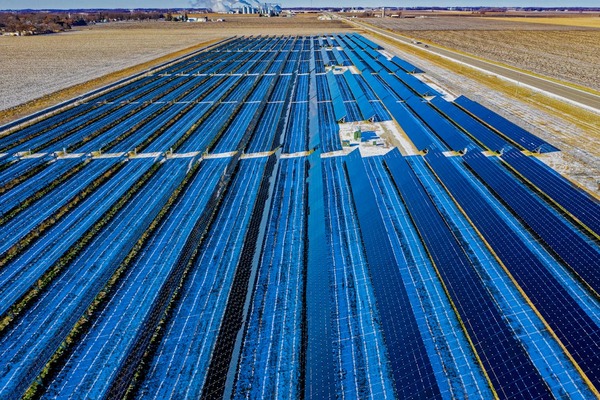The UAE Ministry of Defense has completed a solar energy project at two district cooling plants in Abu Dhabi. The project was carried out in partnership with Tabreed and Emerge. Emerge is a joint venture between Masdar and France’s EDF Group.
The partnership agreement was signed in March 2024. Under this agreement, solar photovoltaic (PV) plants were installed to operate for 25 years.
About 4,000 solar panels were installed. These panels generate 2.4 megawatts (MW) of electricity. The power is used to run thermal energy storage systems and chilled water pumps at the district cooling sites.
The energy from the panels helps reduce the need for electricity from the main grid, especially during peak hours. This setup is expected to cut more than 2,600 tons of carbon dioxide (CO₂) emissions every year.
This project is part of the Ministry’s broader efforts to use more clean energy in government operations. It adds renewable capacity to the country’s district cooling sector, which serves various infrastructure and commercial facilities.
In the UAE, other small-scale renewable energy projects are also in place. A few to name, in Al Ain, the local municipality has installed 500 kilowatts of rooftop solar capacity across six public buildings. These systems support office and community facilities.
Another smaller project in Fujairah includes a 1.2 MW solar installation at a water treatment facility. The plant uses the solar power to operate pumps and filtration systems.
In Ras Al Khaimah, a 750-kilowatt hybrid solar-diesel system powers a remote monitoring station for weather and seismic data collection. In Sharjah, an energy cooperative has launched a pilot with 300 kilowatts of floating solar panels on a reservoir. The system is connected to a battery energy storage unit with 450 kilowatt-hours of capacity.
These smaller-scale projects contribute to distributed solar capacity in the UAE and reduce the load on centralized grid infrastructure.



